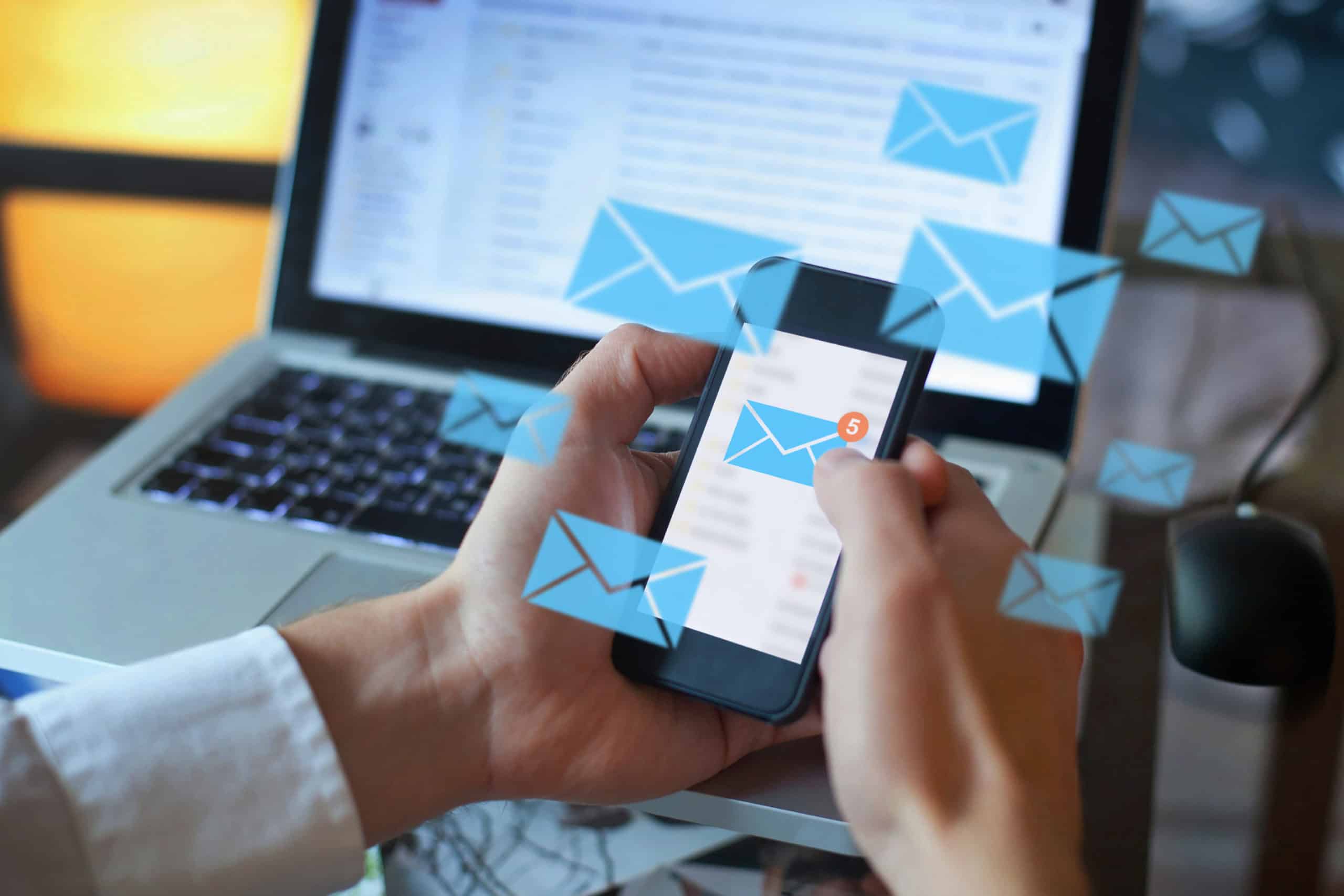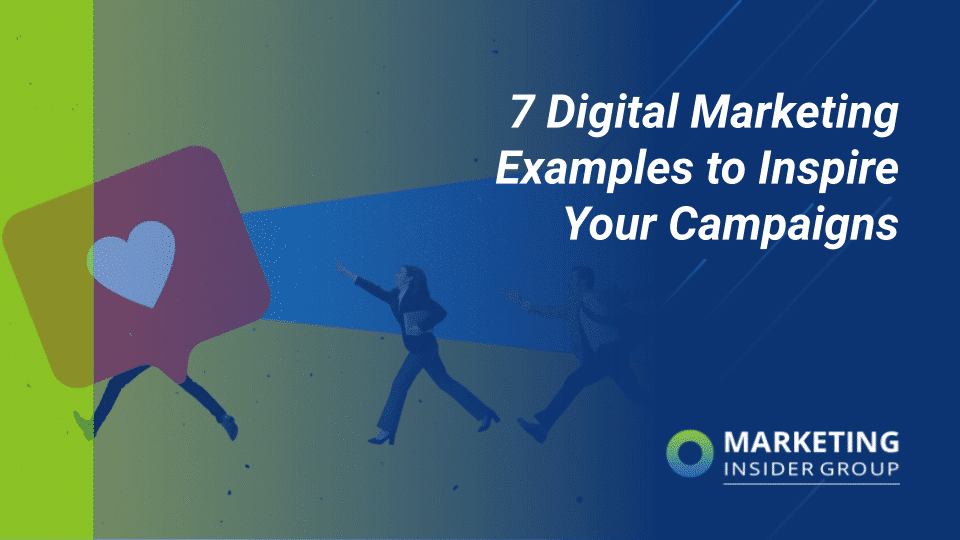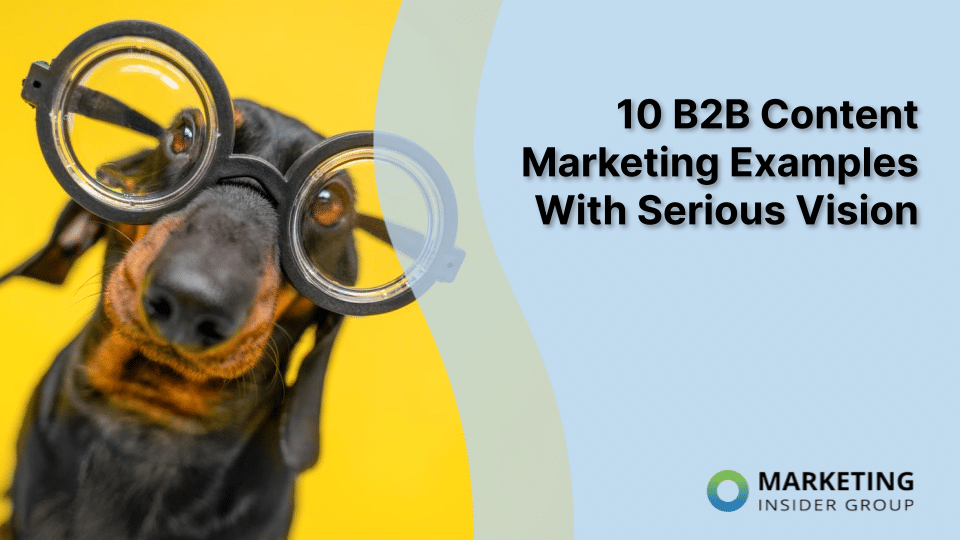
6 Examples of AI in Email Marketing
As digital marketing methods go, email marketing is somewhat of a dinosaur. Email has been around since the 1970s and people have been using it for commercial purposes for almost as long.
While email marketing may not be as exciting as some of the newer options available in digital marketing, it’s still one of the most popular methods. The reason for this is simple – it works. While technology has moved on, we still read email every day. Across the board, email marketing continues to offer an impressive ROI.
That’s not to say that email is a static technology. Just like many other aspects of how we use the internet, the possibilities of email have grown and evolved.
Artificial intelligence has greatly expanded what we can achieve through email marketing, driving conversions and enabling enhanced personalization.
Quick Takeaways:
- AI goes one step ahead of great copywriters by optimizing subject lines for clicks and accurately tracking their performance.
- Predictive analytics helps determine the nature of future engagement based on past conversations.
- AI can generate and optimize content in various email-friendly formats.
- AI takes the guesswork out of timing your emails, following up, and retargeting by analyzing customers’ browsing habits and preferences.
1. Optimizing Subject Lines
The subject lines you choose for your emails are one of the most important parts of your overall strategy.
A good email subject line will stand out in the receiver’s inbox, encouraging them to click through and read the email. On the other hand, a bad subject line will be skimmed over and ignored, or even worse – interpreted as spam and stuck in the junk folder.
Traditionally it takes a good copywriter plus a lot of experimentation and analysis to get email subject lines right for your particular audience, but AI is now making this a simple task.
AI uses algorithms to generate subject lines that will attract a higher click-through rate. It analyzes the results of each individual marketing campaign to optimize and improve your subject lines over time.
2. Fine-Tuning Personalization
Personalization can mean the difference between a hugely successful email marketing strategy and one that’s simply a waste of time. Emails with a personalized subject line are 26% more likely to be opened and deliver 6x higher transaction rates, according to a study by Campaign Monitor.
In fact, personalization has become so pervasive in email marketing that consumers now expect it. Generic, non-personalized emails addressed to “dear business owner” or anything except the user’s actual name may come across as spammy and are likely to be ignored.
While a basic level of personalization has been common in email marketing for quite some time, AI really expands the possibilities.
Predictive analytics uses complex algorithms, customer data, and machine learning to predict future behavior based on previous interactions and data trends.
For example, marketers can use AI to suggest recommended products that a particular customer is likely to be interested in and insert these products into email communications on an individual basis.
3. Automating Content
Just as email subject lines can be automated and optimized, the entire content of the email can also be automated.
AI-powered software can use pre-written copy, images, promotions, blog post snippets, curated content, links, and even machine-generated content to produce emails that are optimized for a high engagement rate.
AI algorithms can not only determine the optimal combination of different types of content, but this automation also significantly cuts down on the time and resources needed to keep your email campaigns running.
4. Determining Optimal Timings
Figuring out how often to email your customers and the best times to do so is part art and part science. Traditionally marketers rely on experimentation, data analysis, and their own common sense and intuition to figure out these timings.

Now AI is taking the guesswork out of choosing the timing and frequency of your email campaigns by automatically analyzing various data points. AI algorithms can determine the best time to send out your emails so they’ll be opened and read. It can also identify whether you should opt for weekly or bi-weekly emails.
Not only this, but the power of AI enables you to automate this process on an individual basis. Previously you would have had to choose a single time to send out an email to your entire list. You can now email individual customers at different times to optimize engagement based on their demographics and previous interactions.
So while Sally might be more likely to buy something from an email that’s sent to her on Friday afternoon when she’s killing time at work before the weekend, Bob might respond better to an email that’s sent to him on Wednesday morning during his commute to work.
Automating and personalizing emails to optimize sales and engagement for each individual customer is made possible with AI.
5. Customizing Email Promotions
Offering special promotions to your email list is a great way to both persuade more customers to sign up to your list and to increase sales.
You can boost sales even further by customizing your promotions to each customer, using machine intelligence to determine the optimal offer for each individual customer.
If one customer jumps at the chance of a 10% discount, you’ll be reducing your potential profit by offering them 50%. However, if you know another customer won’t open their wallet for anything less, you can offer them the higher discount for a better chance of making a sale.
You can also choose to offer promotions on certain products, free shipping, and other freebies, discounts, or incentives. All personalized to each customer’s shopping behavior and interactions. This type of individual promotion customization would be impossible without the power of AI.
6. Retargeting
Has your customer added items to their shopping cart but not completed the checkout process? Email retargeting is a highly effective way to boost your sales and reduce your shopping cart abandonment rate.
You can fine-tune your retargeting strategy with the power of AI. Some customers may respond better to an email that’s sent an hour after they’ve left your website, while others may not be ready to make their purchase for a day or two. AI can distinguish between these different types of customers and send your retargeting emails at an optimal time. You could even increase your sale value by suggesting another couple of algorithmically-chosen items.
Increase Your Email Marketing ROI with AI
All of these uses of AI offer the same benefits – increased engagement and conversions, a boost in sales and revenue, and faster and more efficient processes.
By using AI-powered email marketing software you can improve the effectiveness of your email campaigns while reducing the time you spend on them. This boost in ROI means that upgrading your strategy to incorporate AI is sure to be a worthwhile investment for many years to come.






